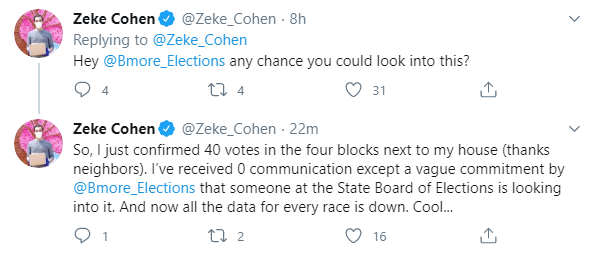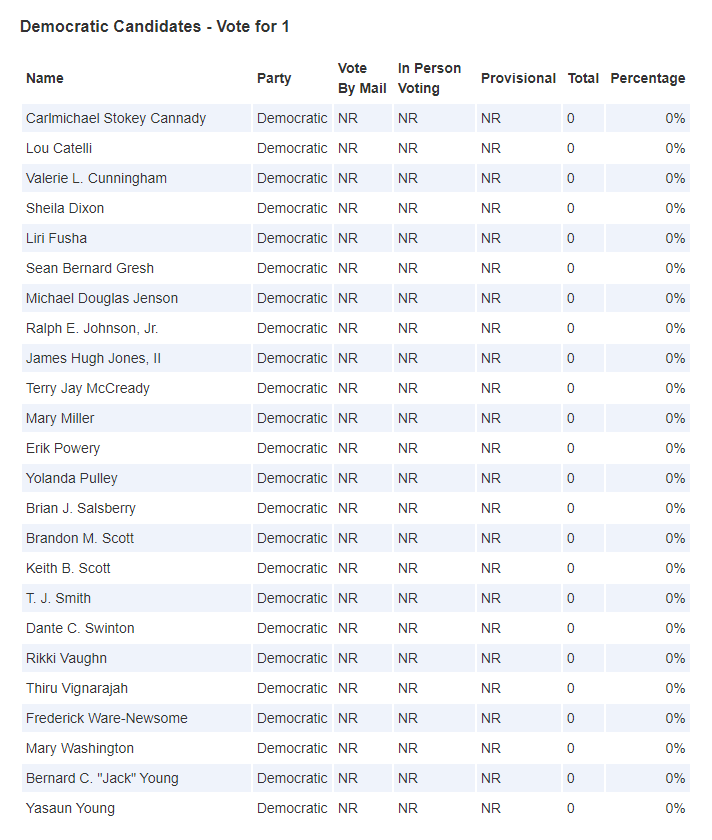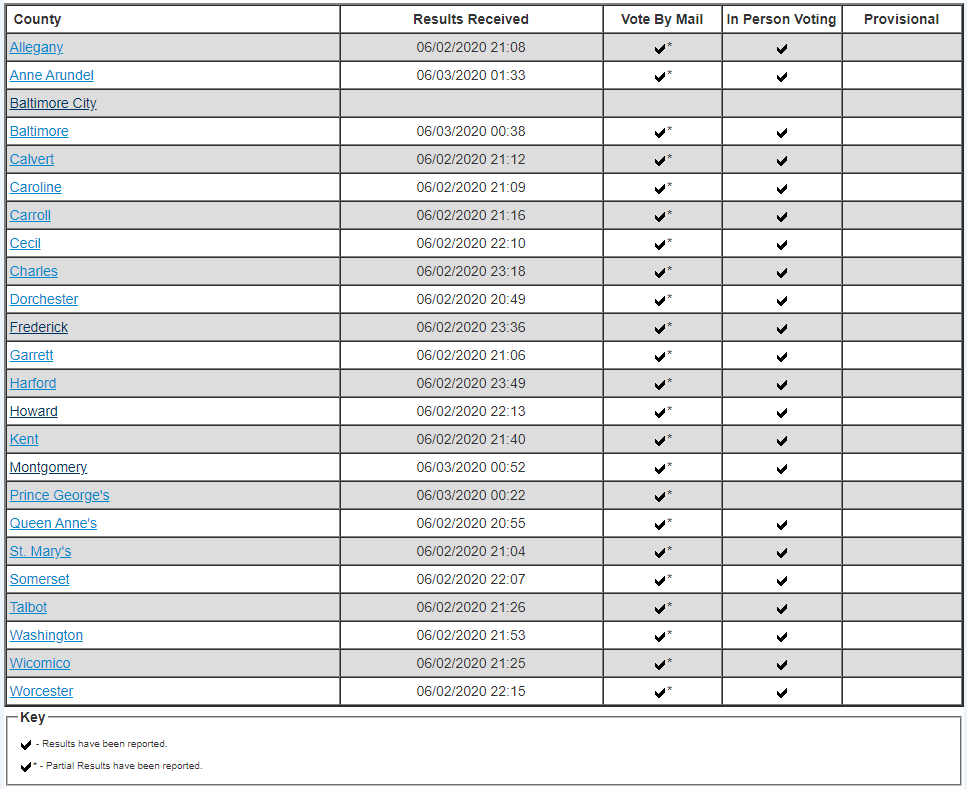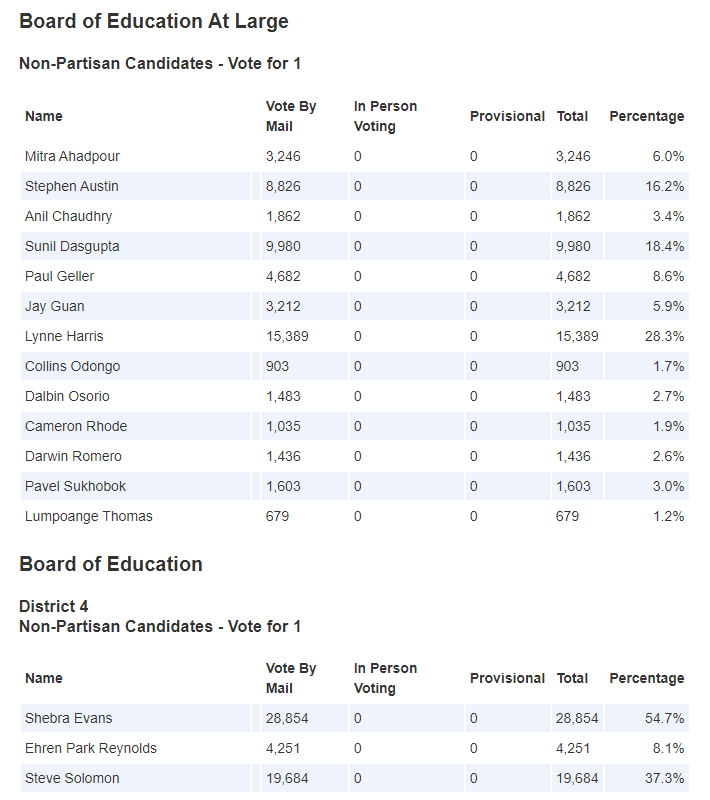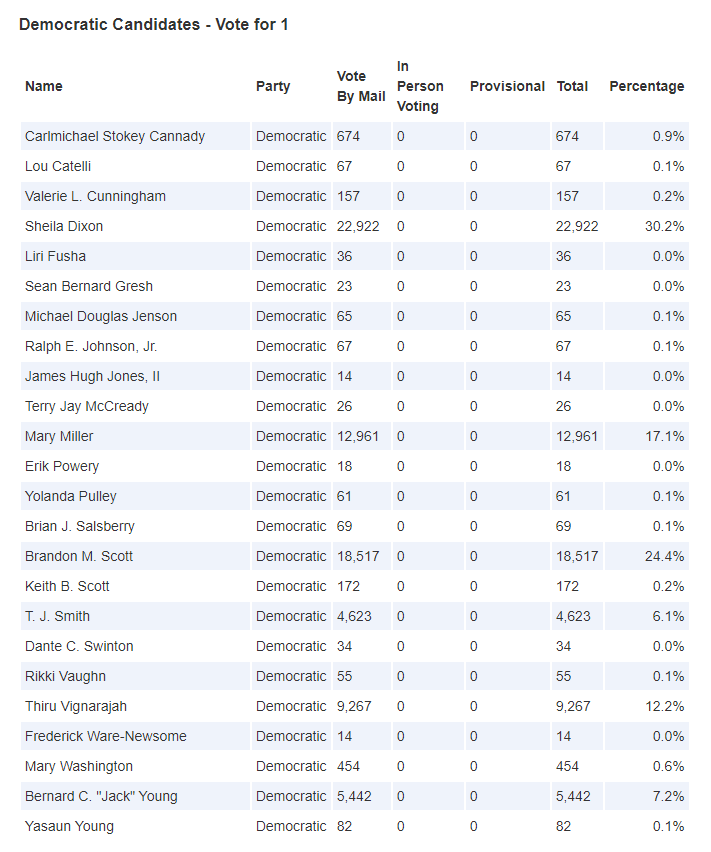By Adam Pagnucco.
The year 2020 was hugely eventful for the entire world and MoCo was no exception. In our county, 2020 saw a public health crisis, a resulting economic crash and huge challenges to our quality of life. In political terms, it also saw unusually contentious elections for school board and circuit court judge, four historic ballot questions and numerous fights inside county government. We wrote about it all on Seventh State. Here are the top twenty posts measured by page views from the people who count the most – YOU, our readers.
This was a poorly organized public event gone wrong, culminating with an unmasked protestor getting within spitting distance of the county executive. For those who question the need for the executive to have a security detail, this is Exhibit A for why it can be necessary.
County Executive Marc Elrich’s first veto, this one targeting a council-passed bill giving Metro station developers 15-year property tax breaks, set off a fight on corporate welfare that has not ended by a long shot. That will prove especially true if a proposal by the planning staff to grant tax abatements to other properties near Metro stations advances.
MoCo PTA Vice-President Laura Stewart wrote this guest blog on inequities in MCPS’s capital budget. It’s a must-read for everyone who cares about school construction.
In early November, MCPS told the public that it was planning a phased-in reopening of schools for some in-person instruction. But the winter surge of COVID quickly overtook that plan and cast the timing of reopening in doubt. The issue is still unsettled.
Back in the summer, MCPS’s original reopening plan was drenched in controversy, ultimately resulting in a pitched battle with the county teachers’ union (MCEA). MCPS wound up going with virtual learning for the fall, like most other large school systems in the region, but the mechanics and safety of reopening are still subjects of debate.
Jobs, jobs, JOBS. According to White Flint developers, MoCo’s slow rate of job growth was one reason that they could not get financing to proceed on the county’s preeminent development plan. The chart below says it all. And when the COVID pandemic finally ends, county leaders must dedicate themselves to creating jobs, Jobs, JOBS or MoCo’s stagnation will continue.
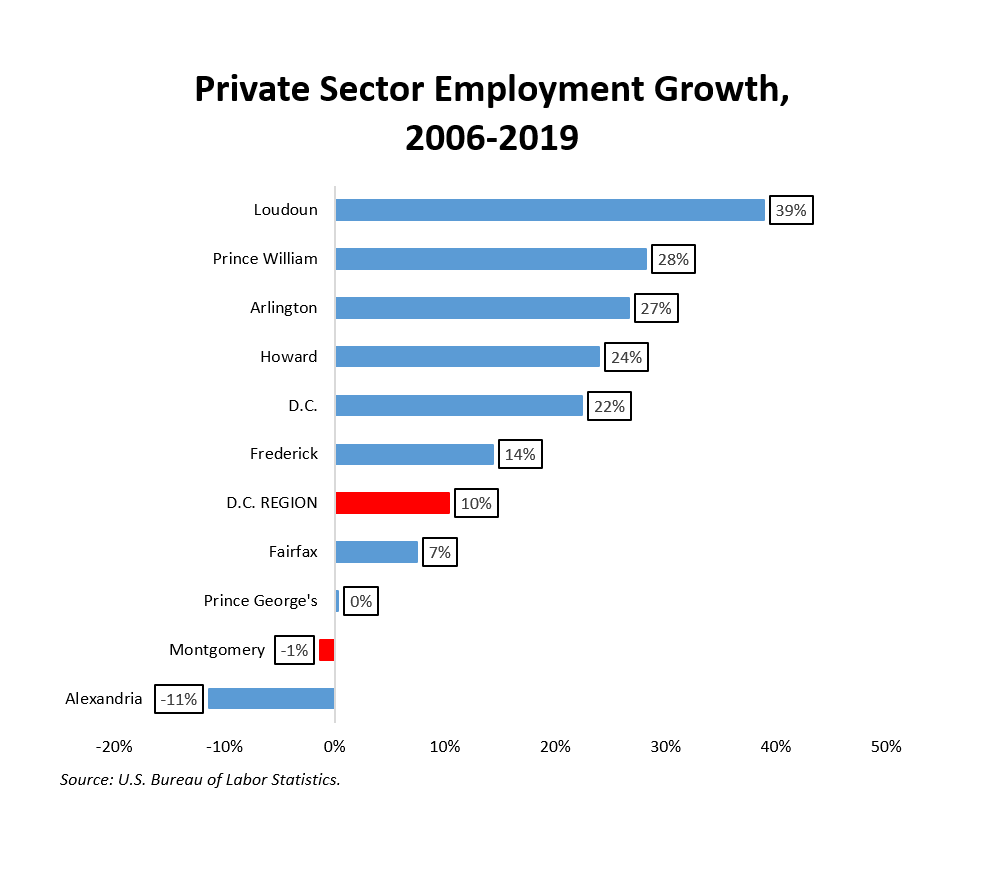
Back in June, incumbent Baltimore City Council Member Zeke Cohen, who had a big lead in money and endorsements over his challenger, appeared on election night to be getting just 2% of the vote. That was the first sign of a primary gone wrong, which led to many misgivings about the state’s processes with mail ballots and the performance of its long-time election administrator Linda Lamone.
2020 was a year of surprises, and one of the bigger surprises was the emergence from political retirement of former County Executive Ike Leggett. Question B (Robin Ficker’s latest anti-tax charter amendment) and Question D (nine council districts) disturbed Leggett enough that he started a ballot issue committee to defeat them. This post was Leggett’s guest column on why they were bad ideas and it got a big reaction from our readers.
After school board candidate Lynne Harris blamed MCEA for allegedly resisting school reopening (a post that also appears on our top 20 list), a group of rank-and-file teachers pushed back in this guest post. It achieved wide readership that was probably concentrated among teachers as the general election approached.
In non-COVID news, 2020 was the year that the county’s police department (along with departments around the country) became a political football. This post describes how the executive, the county council and Annapolis all jumped into the issue of policing with little coordination. Lost in the debate was the central fact that crime in MoCo is at its lowest level in decades. Policing will continue to be a hot topic in 2021.
Tomorrow we will list the top ten Seventh State posts for the year!





